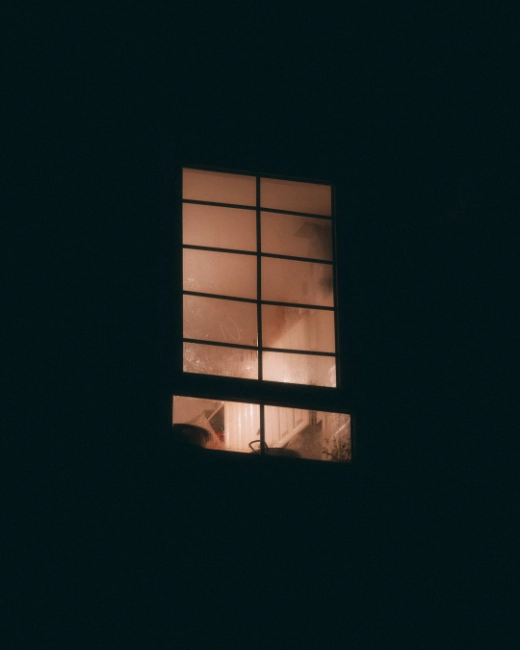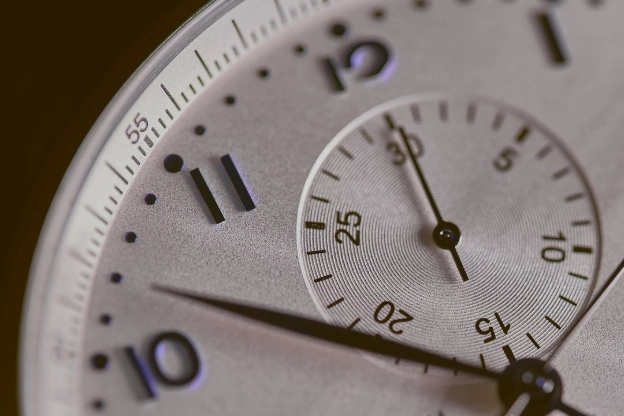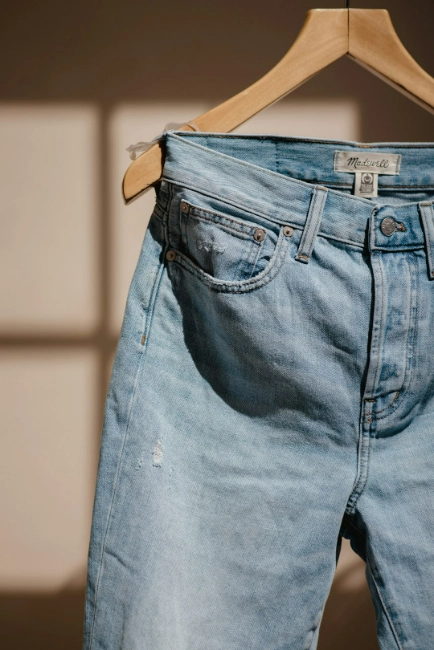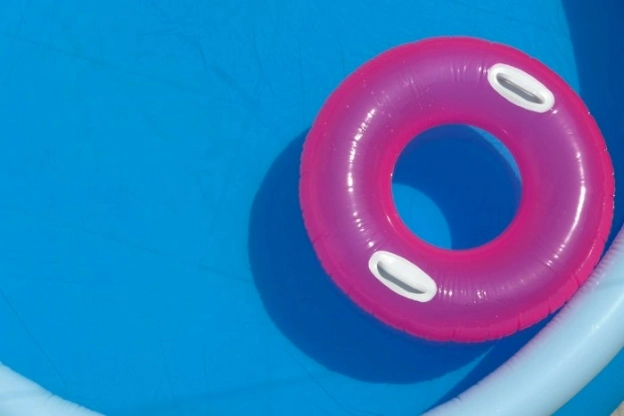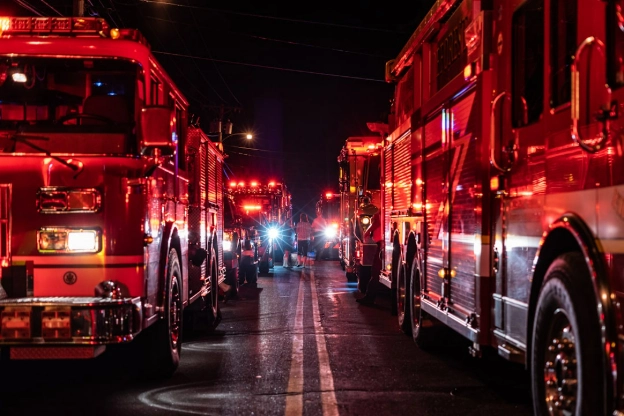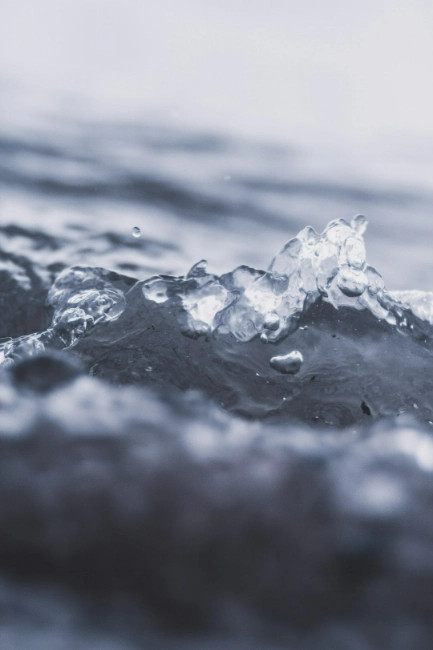Menopause Insomnia Remedy
In this article, I'm going to share the one lifestyle change that relieved my insomnia during menopause. When my insomnia was at its worst, I was up all night, every night. I tossed and turned. The next day, I was tired and groggy. I was completely miserable, all because of menopause. Then I discovered intermittent fasting, and I couldn't believe how quickly it cured my insomnia! Here is my story…
What is the best treatment for insomnia?
Every woman's journey through menopause is different. A few of my coworkers told me they experienced insomnia-- just like I did. Some of them never had problems sleeping during menopause. I searched for and tried all kinds of treatments and relief for my insomnia:
Melatonin
Chamomile tea
Relaxing bath
Lavender
Thermostat turned WAY down at night
Black-out curtains
Breathwork
No caffeine after Noon
No screens before bed
Unfortunately, none of these typical solutions worked for me. It was incredibly frustrating. Night after night after night, I could not get to sleep. Until I discovered intermittent fasting.
How does intermittent fasting help with insomnia?
I first tried intermittent fasting to cure my hot flashes, and, boy, did it! Within DAYS, my hot flashes disappeared, but as the weeks went on, I was able to start sleeping again. I fell asleep immediately after my head hit the pillow and STAYED ASLEEP! No waking up. No more night sweats soaking my pajamas and sheets. It was a miracle! Here's how I started my intermittent fasting schedule...
Here’s what a fasting day looks like for me:
Wake up around 4 AM. Drink mineral water. Plain black coffee, no cream, sugar, collagen, etc.
Go to work from 7 AM to 4 PM. Drink water throughout the day. I always add a few drops of trace minerals. My goal is to drink anywhere from 84 ounces to 128 ounces of water daily.
4 PM: Snack time! My go-to snack is a bowl of whole-milk, plain yogurt with organic berries and a drizzle of local honey. After fasting all day, this tastes amazing!
6:30 PM: Dinner with my family. I make sure to stop eating before 8 PM to keep my eating window under four hours.
9:30 PM: Bedtime.
I repeated this routine– 20 hours of fasting (only water and black coffee)with a four hour window to eat a snack and dinner. I repeated this during the work week, Monday through Friday. On the days that I work, this is easy to implement, since I am very busy at my job with a very short lunchtime of 30 minutes. With almost zero idle time at work, I rarely think about eating. There’s also no access to food in the building, so I don’t pack a lunch or snacks. Since I've limited my access to food once I get to work, I don’t have the option of eating anyway. This takes willpower completely out of the equation.
The first few days were hard. I was hungry. But I knew the 4 PM snack time was on the horizon, and I always had an easy to grab option waiting for me when the 20 hours were up. Two years later, this is still my routine, and I can’t imagine not doing intermittent fasting. Yes, it cured my hot flashes, but the big surprise to me is better sleep. Intermittent fasting also cured my insomnia, along with other symptoms, such as joint pain, swollen hands and feet, irritability, puffiness, and problem skin.
Here's the thing: I don’t feel like the old me… I feel like an even BETTER version of the old me! I look and feel younger and more vibrant than I did before menopause. I can think clearly, I have energy, and I am back to sleeping soundly all night.
More Benefits of Intermittent Fasting
Once I started intermittent fasting, my insomnia went away within a week (incredible!), and I started noticing other benefits:
No more hot flashes
No more night sweats
Less puffiness
Clothes fitting better
More energy
Less irritable
I couldn't believe the results I was getting! Because this experiment was so successful, I still practice intermittent fasting for 20 hours daily with a four-hour eating window almost every day. My menopause symptoms have never returned.
If you are curious as to how and why intermittent fasting works, check out Dr. Jason Fung's website. He is an expert in the field of health and intermittent fasting. His extensive research is comprehensive and fascinating. Learn more about intermittent fasting at www.DoctorJasonFung.com
There are also some encouraging studies on intermittent fasting and menopause symptom relief. One article published by the National Institute of Health gives specifics on this study.
Looking for Menopause Insomnia Relief?
Dear Reader, if you are suffering from insomnia and need relief, consider intermittent fasting. It is ZERO cost, no risk, and can alleviate menopausal symptoms. You deserve to live your best life over the age of 50! If you want to learn more about feeling better, thriving through menopause, and kicking pain to the curb, join our email list at the Pain Free Over Fifty community. We'd love to hear from you! Wishing you less pain, more life, and much joy!
Jennifer Kaye
Read Next
Menopause Weight Loss Solutions
How Do I Get Rid of My Menopause Belly
What is Causing My Hot Flashes and Night Sweats?
Reducing Hot Flashes Naturally

